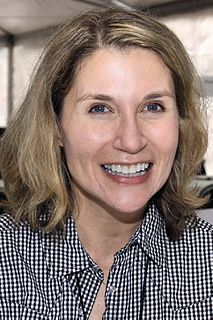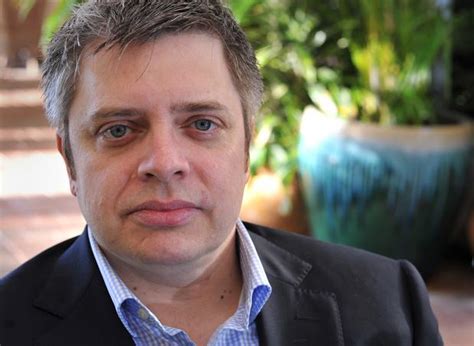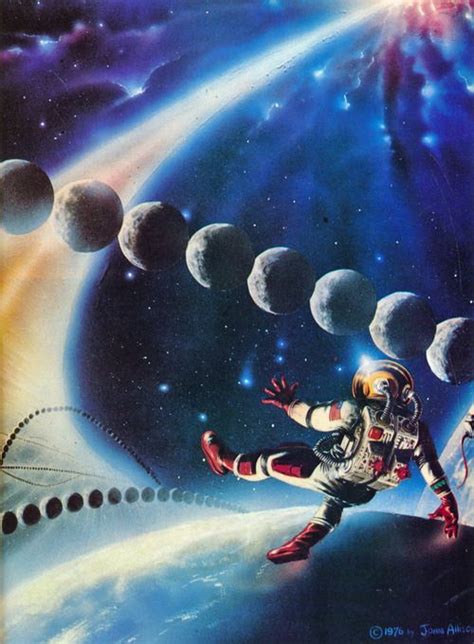A Quote by Jennifer Haigh
Writing fiction, like reading fiction, is a practice in empathy.
Quote Topics
Related Quotes
Writing fiction is not a profession that leaves one well-disposed toward reading fiction. One starts out loving books and stories, and then one becomes jaded and increasingly hard to please. I read less and less fiction these days, finding the buzz and the joy I used to get from fiction in ever stranger works of non-fiction, or poetry.
Writing, or at least good writing, is an outgrowth of that urge to use language to communicate complex ideas and experiences between people. And that's true whether you're reading Shakespeare or bad vampire fiction-reading is always an act of empathy. It's always an imagining of what it's like to be someone else.
I think the act of reading imbues the reader with a sensitivity toward the outside world that people who don't read can sometimes lack. I know it seems like a contradiction in terms; after all reading is such a solitary, internalizing act that it appears to represent a disengagement from day-to-day life. But reading, and particularly the reading of fiction, encourages us to view the world in new and challenging ways...It allows us to inhabit the consciousness of another which is a precursor to empathy, and empathy is, for me, one of the marks of a decent human being.
A couple of pieces of advice for the kids who are serious about writing are: first of all, to read everything you can get your hands on so you can become familiar with different forms of writing: fiction, non-fiction, poetry, journalism. That's very important. And also keep a journal. Not so much, because it's good writing practice. Although it is, but more because it's a wonderful source of story starters.
In a sense, journalism can be both helpful and detrimental to a writer of fiction because the kind of writing you need to do as a journalist is so different. It has to be clear, unambiguous, concise, and as a writer often you are trying to do things that are more ambiguous. I find that writing fiction is often an antidote to reading and writing too much journalism.
Memory is like fiction; or else it's fiction that's like memory. This really came home to me once I started writing fiction, that memory seemd a kind of fiction, or vice versa. Either way, no matter how hard you try to put everything neatly into shape, the context wanders this way and that, until finally the context isn't even there anymore... Warm with life, hopeless unstable.
Writing fiction is very different to writing non-fiction. I love writing novels, but on history books, like my biographies of Stalin or Catherine the Great or Jerusalem, I spend endless hours doing vast amounts of research. But it ends up being based on the same principle as all writing about people: and that is curiosity!







































